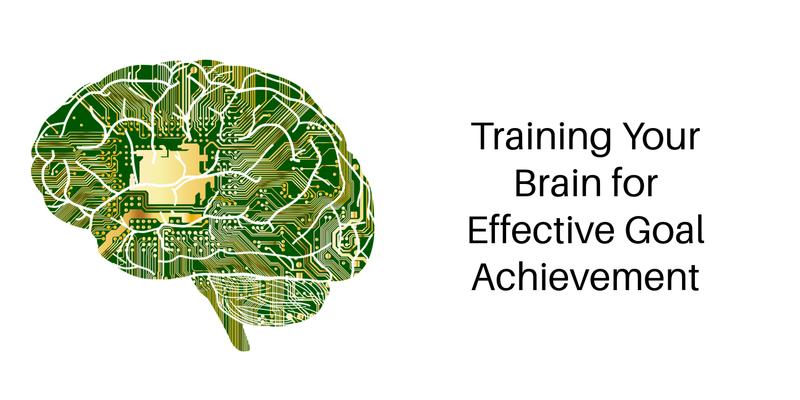Unlocking Your Potential: Training Your Brain for Effective Goal Achievement
Unlocking Your Potential: Training Your Brain for Effective Goal Achievement
Achieving goals requires more than just ambition; it demands a strategic approach that involves training your brain to think and act in ways that support your objectives. Whether your goals are personal or professional, adopting a proactive mindset can significantly enhance your chances of success. In this article, we will explore actionable strategies to train your brain and pave the way for more effective goal achievement.
Set Clear and Specific Goals
The first step in training your brain for goal achievement is to define your objectives clearly. Vague or ambiguous goals make it challenging for your brain to create a roadmap for success. Instead, establish specific, measurable, achievable, relevant, and time-bound (SMART) goals. This clarity provides your brain with a clear target, making it easier to focus your efforts and resources.
Develop a Growth Mindset
Cultivating a growth mindset is crucial for effective goal achievement. A growth mindset is the belief that abilities and intelligence can be developed through dedication and hard work. Embrace challenges as opportunities to learn and grow, and view failures as stepping stones toward success. By adopting a growth mindset, you train your brain to approach goals with resilience and a willingness to learn from setbacks.
Visualize Success
Visualization is a powerful technique that involves mentally picturing yourself achieving your goals. When you consistently visualize success, your brain becomes more attuned to the desired outcome, making it feel more attainable. Create a mental image of yourself reaching your goals, including the emotions and sensations associated with success. Regular visualization can increase motivation and create a positive mindset that propels you toward your objectives.
**
Break Down Goals into Manageable Steps**
Large, complex goals can be overwhelming, leading to procrastination and a sense of helplessness. To combat this, break down your goals into smaller, more manageable steps. This approach makes the task at hand more achievable, providing a sense of progress that keeps your brain motivated. As you accomplish each step, your brain receives a dose of positive reinforcement, reinforcing the belief in your ability to succeed.
Cultivate Positive Habits
Your habits play a significant role in shaping your thoughts and actions. Identify habits that support your goals and work on cultivating them. Whether it's establishing a daily routine, incorporating healthy lifestyle choices, or developing a habit of continuous learning, positive habits contribute to a productive mindset. Over time, these habits become ingrained, reinforcing the neural pathways associated with goal achievement.
Embrace Challenges and Learn from Setbacks
Challenges are an inherent part of any journey towards success. Rather than viewing obstacles as insurmountable, see them as opportunities to learn and grow. When faced with setbacks, analyze what went wrong, extract valuable lessons, and adjust your approach accordingly. By reframing challenges as learning experiences, you train your brain to approach difficulties with a solution-oriented mindset.
Training your brain for effective goal achievement involves a combination of mindset shifts and intentional actions. By setting clear goals, cultivating a growth mindset, visualizing success, breaking down tasks, developing positive habits, and learning from setbacks, you create a foundation for a more liberating way of thinking. Remember, the journey towards achieving your goals is a dynamic process that involves continuous learning and adaptation. As you train your brain to think more effectively, you empower yourself to turn aspirations into reality.
Be the first to post a message!
